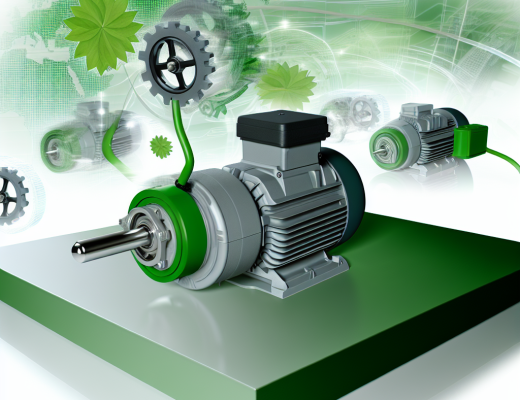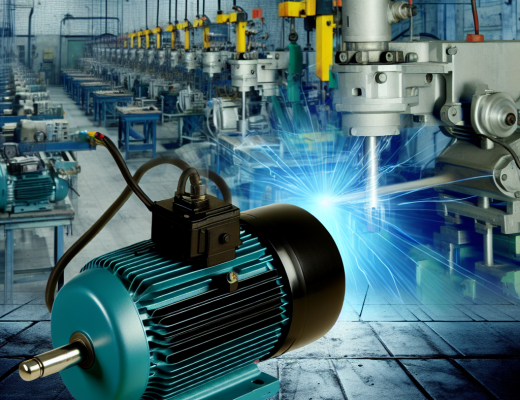Electric motors are essential components in both industrial and domestic applications due to their efficiency in converting electrical energy into mechanical motion. This capability is critical in a variety of settings, from manufacturing lines to household appliances, making them a cornerstone of modern engineering and technology. For a deeper understanding of how electric motors function and their wide range of applications, watch the following video:
Advancements in Electric Motor Technology
Recent advancements in the field of electric motors have significantly enhanced their efficiency and reliability. Innovations in materials science and electronic control systems have allowed for more precise control of motor operations, leading to increased energy efficiency and reduced operational costs. These improvements not only benefit the environment by conserving energy but also enhance the performance of the machines they power.
Moreover, the integration of smart technologies with traditional electric motor systems is transforming the landscape of industrial automation. Technologies such as the Internet of Things (IoT) are being employed to monitor motor conditions in real time, enabling predictive maintenance that can foresee and mitigate potential failures. This shift not only extends the lifespan of electric motors but also reduces downtime, which is crucial for maintaining continuous industrial productivity.
As the push for sustainable and efficient technologies continues, electric motors are set to play an even more pivotal role. Companies like VYBO Electric are at the forefront of this innovation, making strides in motor technology that pave the way for more sustainable industrial practices. With ongoing research and development, the future of electric motors promises greater enhancements in energy efficiency and a reduction in environmental impact, aligning with global sustainability goals.




